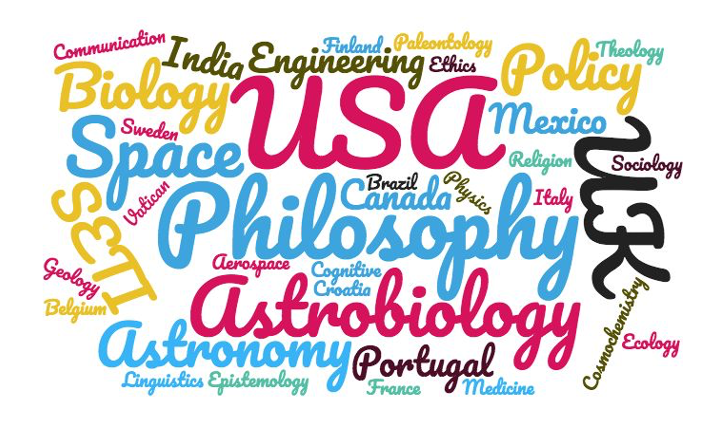
Universality in/of Evolution
Start Date
17-12-2020 10:25 AM
End Date
17-12-2020 10:45 AM
Description
Life is made of matter and uses energy. Wherever we find biological entities, they will also be physical entities. But the reverse is not true: there are many physical objects that are non-biological. Given the asymmetry, it is intuitive to think that biology depends on physics in some fundamental way. This view seems to be the pre-theoretic intuition with which most people approach either discipline. In this presentation, I will argue this dependence is not complete; some explanations in biology depend on physics, but others follow solely from principles of logic, probability theory, and the causal setup of the phenomenon in question. In other words, facts of physics add no relevant information to some biological explanations. Particularly, I will argue that the principles of evolution are not reducible to actual physics, but are an application of an a priori logical schema. If I am right and evolution is an important part of biology, then biology is not a subset of physics, at least not physics as we typically understand it. An interesting conclusion that follows directly is that we can infer what biology might be like in possible worlds with differing physics. We can also conclude some features of biology are robust to a different, and possibly greater, generality than that of physics.
Recommended Citation
Mariscal, Carlos, "Universality in/of Evolution" (2020). Society for Social and Conceptual Issues in Astrobiology (SSoCIA) Conference. 35.
https://egrove.olemiss.edu/ssocia/2020/schedule/35
Universality in/of Evolution
Life is made of matter and uses energy. Wherever we find biological entities, they will also be physical entities. But the reverse is not true: there are many physical objects that are non-biological. Given the asymmetry, it is intuitive to think that biology depends on physics in some fundamental way. This view seems to be the pre-theoretic intuition with which most people approach either discipline. In this presentation, I will argue this dependence is not complete; some explanations in biology depend on physics, but others follow solely from principles of logic, probability theory, and the causal setup of the phenomenon in question. In other words, facts of physics add no relevant information to some biological explanations. Particularly, I will argue that the principles of evolution are not reducible to actual physics, but are an application of an a priori logical schema. If I am right and evolution is an important part of biology, then biology is not a subset of physics, at least not physics as we typically understand it. An interesting conclusion that follows directly is that we can infer what biology might be like in possible worlds with differing physics. We can also conclude some features of biology are robust to a different, and possibly greater, generality than that of physics.

